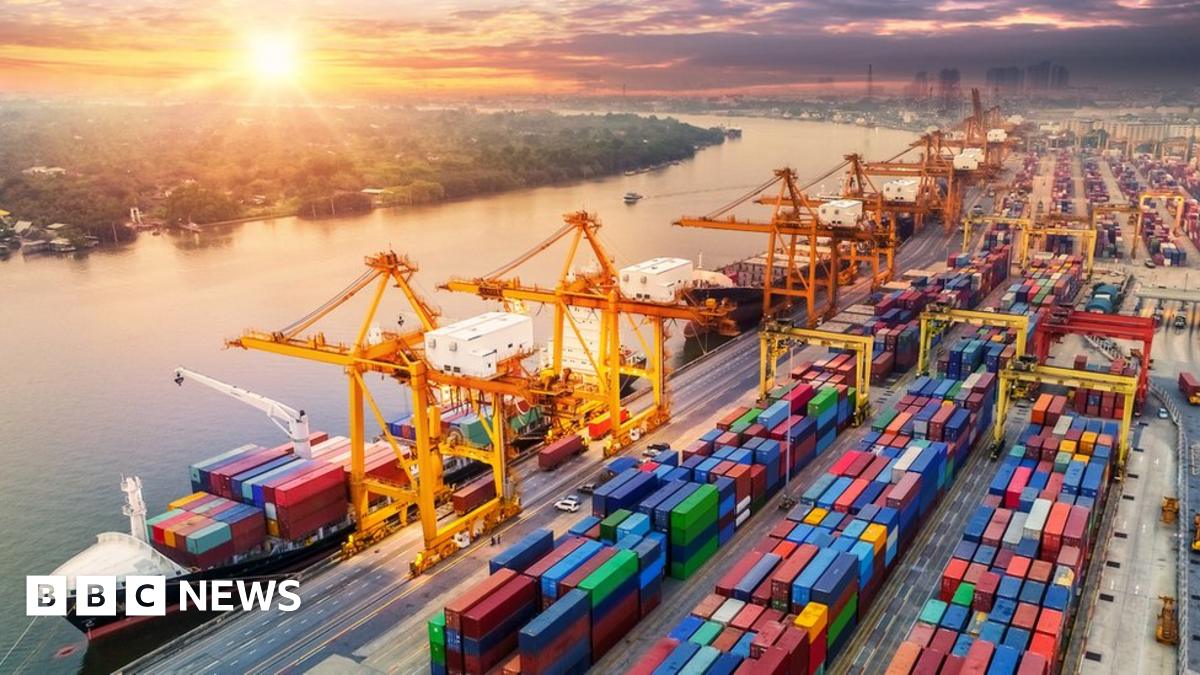“Our actions make it harder and costlier at every turn for Iran to continue its destabilizing behavior,” Yellen said in a statement. “We will continue to deploy our sanctions authority to counter Iran with further actions in the days and weeks ahead.”
The new sanctions, which the administration had signaled earlier this week, appear designed to tame rather than inflame tensions in the region, as President Biden has sought to prevent a wider spread of hostilities in the Middle East. Some critics have pushed the administration to go further to reduce the revenue available to Iran’s government by sanctioning China’s huge purchases of Iranian oil. The Treasury Department has taken some steps to sanction Chinese firms for such purchases, but a more ambitious crackdown would risk raising global oil prices, and therefore U.S. gas prices in an election year.
The administration appears, at least for now, to be largely avoiding such escalation. Instead, the administration’s sanctions Thursday appear to focus on targets inside Iran.
Sanctions cut off their targets from banks and other financial institutions that use the U.S. dollar. But it’s not clear how many Western firms aid Iranian drone production, especially given that the Iranian economy already has minimal connections to the Western economies of the United States and its allies.
Western nations already had sanctions in place related to Iran’s drones because of their use by Russian forces in Ukraine, said Rachel Ziemba, an adjunct senior fellow at the Center for a New American Security, a foreign policy think tank. “I see this as being more of the same,” she said. “It’s not an escalatory measure trying to choke off energy revenues, and I’m skeptical whether the names involved rely on U.S. dollar nexus points, which might limit their effectiveness.”
Even before regional tensions were revived by the Oct. 7 attacks on Israel, Iran’s economy was one of the most heavily sanctioned in the world. The United States has imposed sanctions on Iran since 1979, and the Trump administration significantly escalated the economic pressures after 2018, when it pulled out of the Iranian nuclear deal reached by the Obama administration.
The targets of the latest sanctions include 16 people and two companies that enable Iran’s drone production. Five companies that provide materials for Iranian steel producer Khouzestan Steel Co. were also sanctioned. Treasury is also sanctioning three subsidiaries of an Iranian automaker accused of supporting the Iranian regime.
Iran over the weekend sent more than 300 drones and missiles toward Israel in response to a deadly Israeli attack on an Iranian consulate in Syria. The Iranian assault did not cause major damage or injuries, because Israeli, U.S. and other forces intercepted most of the barrage.















































